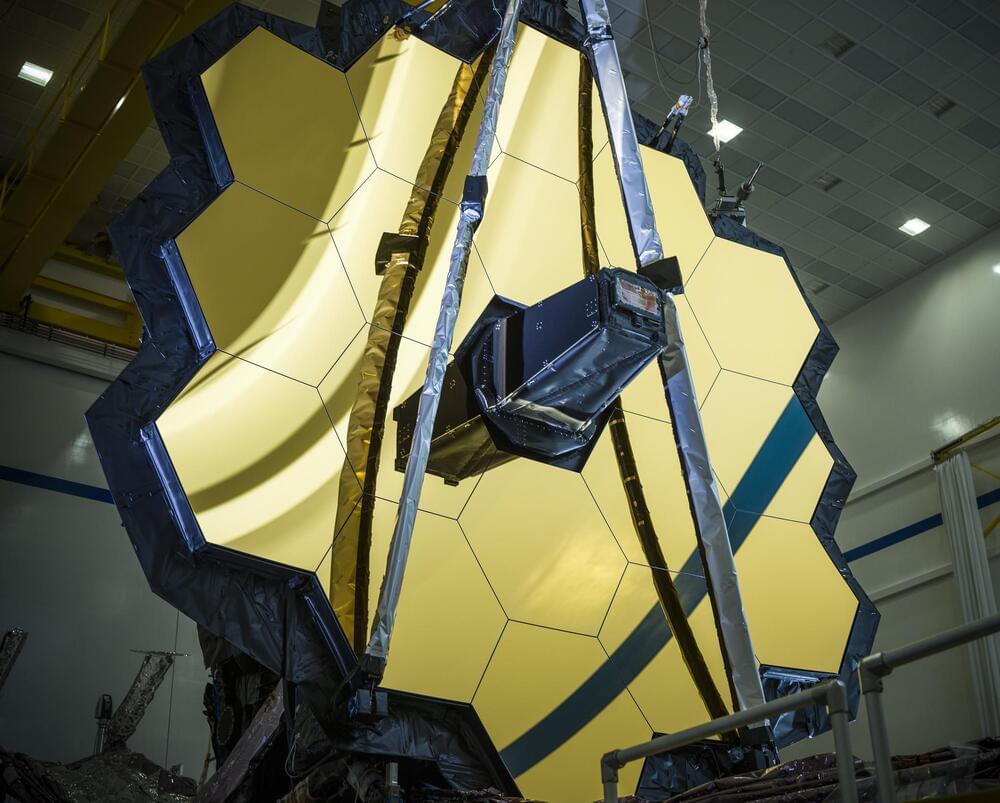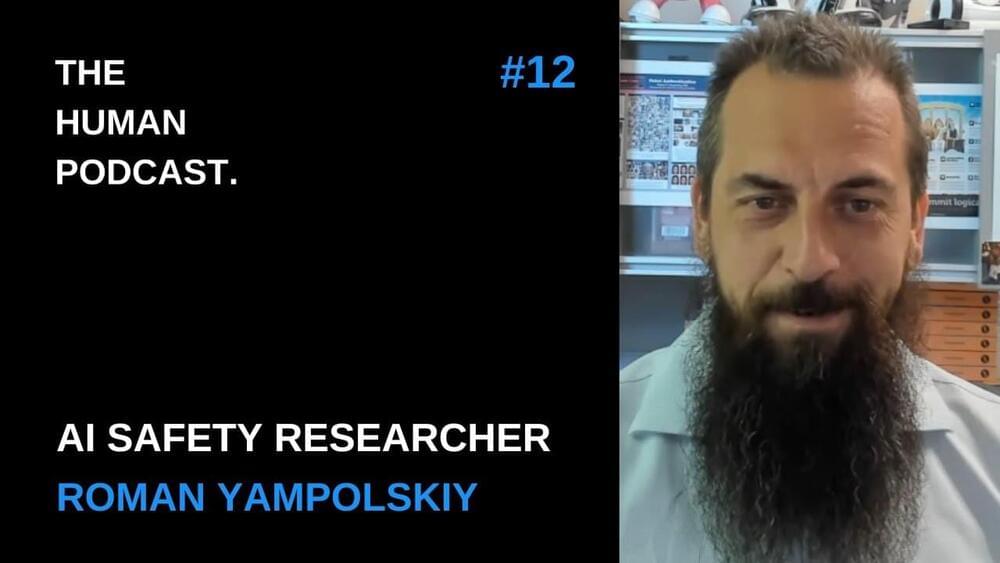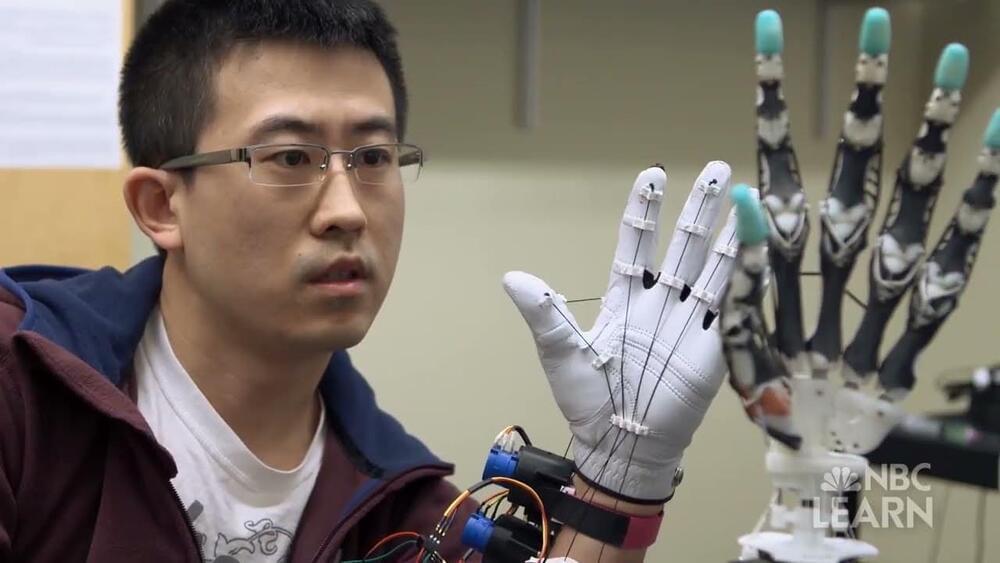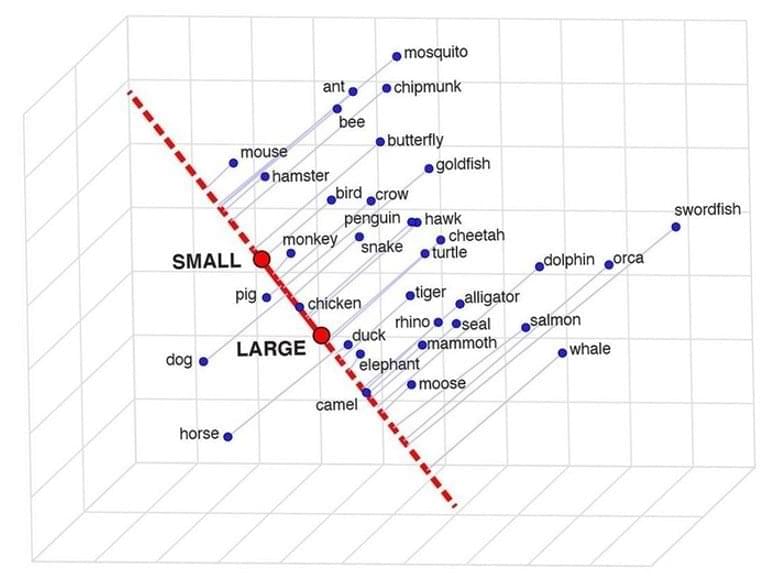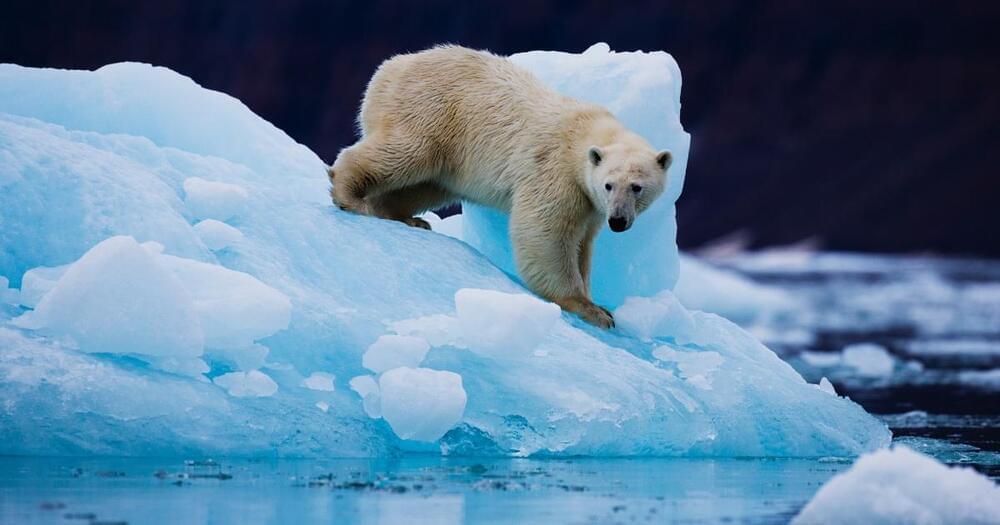Join us on Patreon!
https://www.patreon.com/MichaelLustgartenPhD
Cronometer Discount Link:
https://shareasale.com/r.cfm?b=1390137&u=3266601&m=61121&urllink=&afftrack=
Papers referenced in the video:
Age and sex variation in serum albumin concentration: an observational study.
https://pubmed.ncbi.nlm.nih.gov/26071488/
Commonly used clinical chemistry tests as mortality predictors: Results from two large cohort studies.
https://pubmed.ncbi.nlm.nih.gov/33152050/
Calculate your biological age with Levine’s test using the downloadable Excel file in this link:


